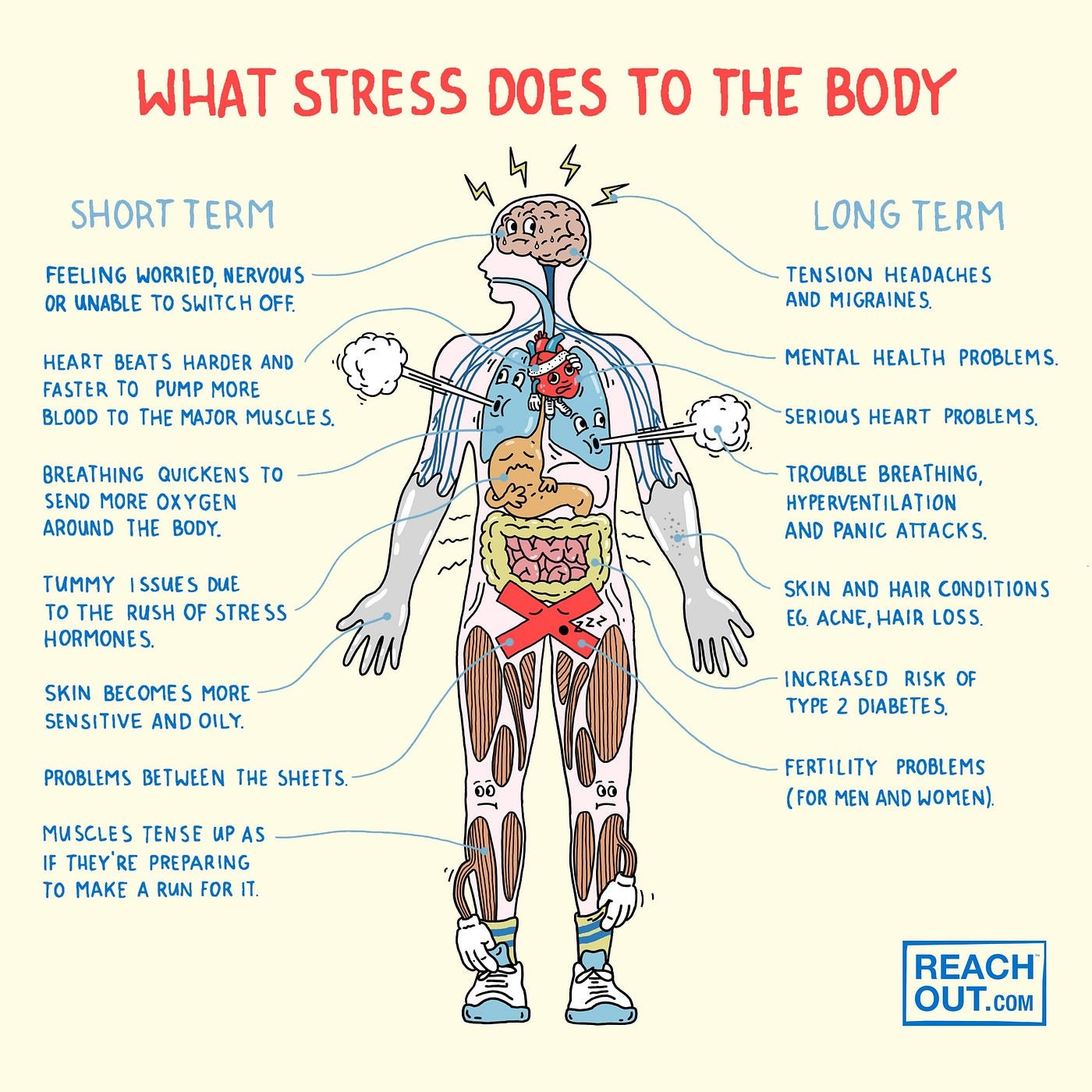“The greatest sources of our suffering are the lies we tell ourselves.”
-Bessel A. van der Kolk, The Body Keeps the Score: Brain, Mind, and Body in the Healing of Trauma.
Key Takeaways!
Understanding Trauma:
Dr. van der Kolk delves into the diverse manifestations of trauma, emphasizing that it is not just a psychological issue but profoundly affects the body. He explores how trauma can result from various experiences, including abuse, neglect, and war.
Body-Centered Approach:
The book introduces the concept that trauma is stored in the body, affecting not only mental health but also physical well-being. Dr. van der Kolk explains how trauma disrupts the brain's normal functioning and influences bodily responses.
Neuroscience of Trauma:
The author explores the neuroscience of trauma, examining how the brain's different regions are impacted by traumatic experiences. He discusses the role of the amygdala, hippocampus, and prefrontal cortex in processing and responding to stress.
Effects of Childhood Trauma:
Dr. van der Kolk emphasizes the lasting impact of childhood trauma on adult mental and physical health. He discusses how adverse childhood experiences can shape neural pathways and influence an individual's ability to regulate emotions.
Treatment Approaches:
The book reviews various therapeutic approaches for healing trauma, including traditional talk therapy, EMDR (Eye Movement Desensitization and Reprocessing), somatic experiencing, yoga, and neurofeedback. Dr. van der Kolk advocates for an integrative approach that includes both traditional and alternative methods.
Mind-Body Connection:
Exploring the mind-body connection, the author discusses how activities like yoga, meditation, and mindfulness can help individuals reconnect with their bodies and facilitate trauma recovery.
Expressive Therapies:
Dr. van der Kolk explores the effectiveness of expressive therapies such as art, theater, and dance in helping trauma survivors regain a sense of safety and self-expression.
Cultural Considerations:
The book acknowledges the importance of cultural sensitivity in trauma treatment, recognizing that individuals from different cultural backgrounds may have unique ways of experiencing and expressing trauma.
Personal Stories:
Throughout the book, Dr. van der Kolk shares compelling case studies and personal stories of trauma survivors, illustrating the varied ways trauma can manifest and the potential for healing through tailored therapeutic approaches.
Hope and Resilience:
Despite the challenges posed by trauma, the book conveys a message of hope and resilience. Dr. van der Kolk emphasizes that recovery is possible with the right therapeutic interventions and a holistic understanding of trauma's impact on the body and mind.

https://medium.com/the-abundance-mentality/what-stress-does-to-the-body-1a84ef2418c9

Bessel A. van der Kolk, The Body Keeps the Score: Brain, Mind, and Body in the Healing of Trauma

